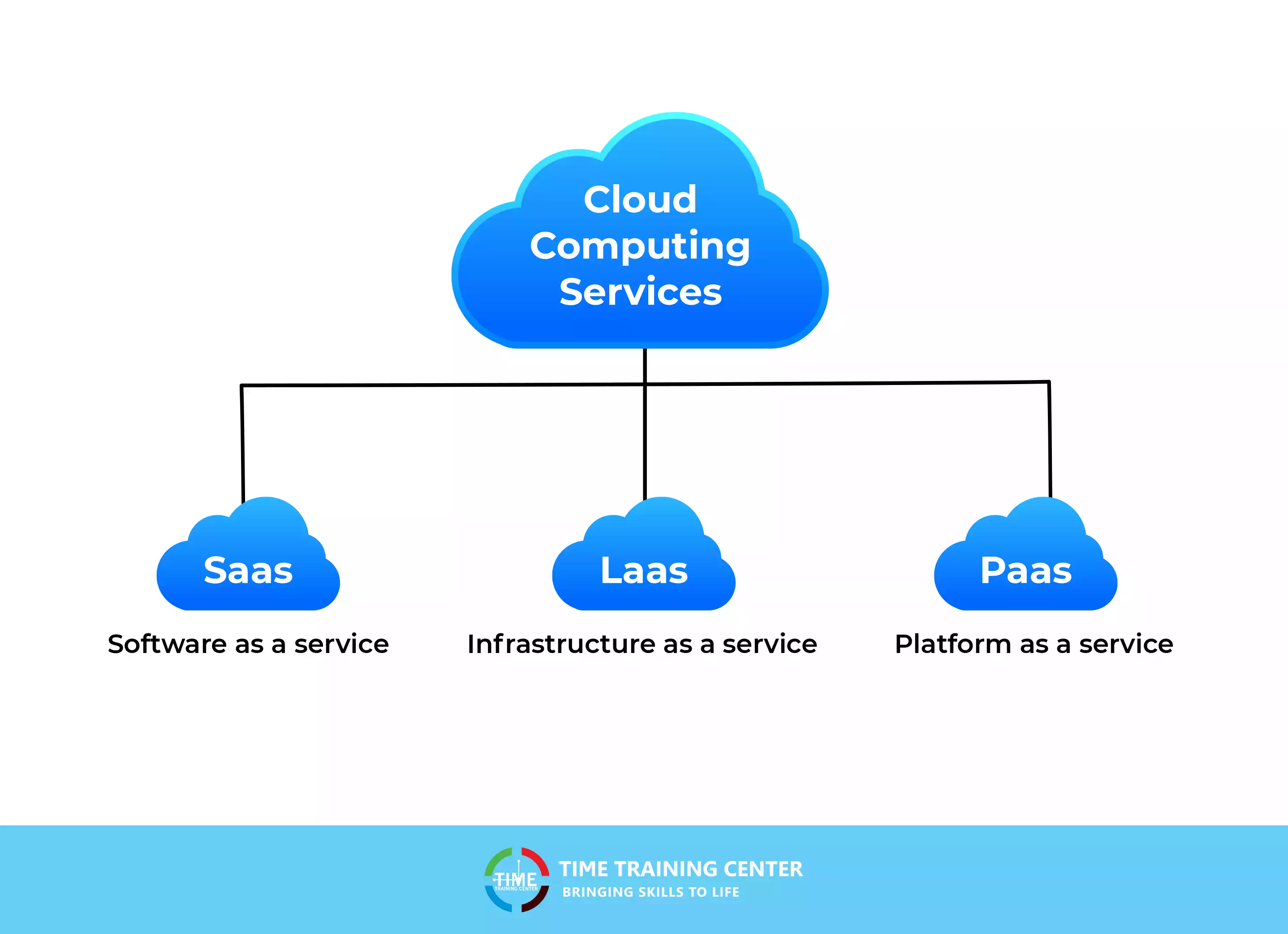Reduce Costs and Boost Effectiveness With Cloud Provider
In today's fast-paced organization landscape, the quest for price reduction and functional efficiency is a typical objective for companies throughout markets. Cloud services have actually emerged as a key remedy to attend to these obstacles, offering a myriad of benefits that prolong past mere economic cost savings. The possible to streamline processes, enhance partnership, and drive innovation via cloud modern technologies is a compelling recommendation for services seeking to remain ahead. By utilizing the power of the cloud, companies can unlock a world of possibilities that not just optimize their profits yet likewise pave the way for future growth and success.
Benefits of Cloud Provider
Cloud services provide businesses a structured and affordable remedy for managing information and applications. One essential advantage of cloud solutions is scalability.
Another benefit of cloud services is improved collaboration. With data kept in the cloud, employees can function and access on records in real-time from anywhere with a net connection. This improves synergy, enhances performance, and improves operations. Additionally, cloud services usually include built-in protection features such as information security, normal backups, and access controls, supplying businesses with assurance regarding the safety and stability of their information.
Additionally, cloud solutions use companies the benefit of automatic software updates and maintenance. Company handle these tasks, liberating valuable time and resources for companies to concentrate on their core company activities. On the whole, the benefits of cloud solutions contribute to increased performance, agility, and competitiveness for services of all dimensions.
Price Financial Savings With Cloud Migration

In addition, by transitioning to the cloud, companies can benefit from boosted versatility and agility. Cloud framework enables for quick release of brand-new resources and solutions, allowing organizations to adjust to altering market needs swiftly. This agility equates right into cost savings as companies can react to market shifts a lot more successfully without the demand for significant in advance investments in infrastructure.
Enhanced Operational Efficiency
Enhancing operational efficiency within companies is important for optimizing productivity and streamlining procedures. Cloud services play a crucial duty in accomplishing this goal by giving devices and sources that enable companies to run even more efficiently and properly. One vital method cloud services improve operational performance is by centralizing data storage space and management. This eliminates the need for multiple diverse systems, reducing the danger of mistakes index and duplication of efforts.
Additionally, cloud solutions offer automation capacities that improve recurring tasks, releasing up employees to concentrate on even more tactical initiatives. By automating processes such as data backups, helpful site software application updates, and source provisioning, businesses can run extra effectively and with fewer manual treatments.
In addition, cloud services offer real-time cooperation tools that permit employee to collaborate effortlessly, regardless of their physical place. This promotes quicker decision-making and improves general productivity - linkdaddy cloud services. In general, by leveraging cloud solutions to enhance operational performance, businesses can enhance their processes, decrease expenses, and acquire an one-upmanship in today's hectic market

Scalability and Flexibility Benefits
Accomplishing optimum scalability and adaptability in functional procedures is paramount for modern companies to adjust to altering needs and opportunities effectively. Cloud solutions supply significant benefits in this respect by providing businesses with the capacity to scale their resources up or down based upon existing requirements. This scalability enables firms to take care of fluctuations in work without the requirement for substantial investments in facilities.
In addition, cloud solutions offer flexibility by making it possible for workers to accessibility information and applications from any type of place with a net connection. This feature is especially valuable in today's hectic service environment, where remote job and partnership are coming to be progressively common. Furthermore, cloud solutions commonly use pay-as-you-go pricing models, enabling services to only pay for the resources they actually use. This flexibility in rates ensures that companies can maximize their prices while maintaining the ability to swiftly get used to altering company demands. By leveraging the scalability and versatility benefits of cloud solutions, businesses can enhance their procedures and remain dexterous in an affordable market.
Safety And Security and Conformity Considerations
When executing cloud services, businesses should focus on safety and conformity considerations to safeguard their information and comply with regulatory needs. Security in the cloud is a common obligation between the service provider and business using the services. Firms should make certain that the cloud company implements robust protection steps such as encryption, gain access to controls, and regular security audits to secure data from unapproved gain access to or violations.
When relocating to the cloud,Conformity is another vital aspect that services require to address. Different sectors have particular governing needs relating to data storage space, taking care of, and privacy. It is necessary for companies to pick a cloud solution supplier that adheres find more info to appropriate requirements and laws to stay clear of economic charges and legal effects.
To boost safety and security and conformity in the cloud, organizations must perform regular risk evaluations, apply strict accessibility controls, and monitor data use and storage space. Cloud Services. Furthermore, establishing clear policies and procedures for information taking care of and training employees on safety finest techniques can further enhance the overall protection position of the organization in the cloud environment
Final Thought
Finally, the usage of cloud services uses substantial advantages for organizations in regards to cost savings, raised functional effectiveness, scalability, protection, and versatility considerations. By migrating to the cloud, firms can simplify procedures, optimize source appropriation, and improve competition in the marketplace. The pay-as-you-go design, streamlined information storage space, and automation capacities contribute to a much more reliable and cost-efficient operational framework for organizations of all dimensions.
Cloud services offer organizations a cost-effective and structured service for managing applications and data. universal cloud Service. Additionally, cloud services typically come with integrated safety functions such as data file encryption, regular back-ups, and accessibility controls, giving services with tranquility of mind pertaining to the security and integrity of their data
When executing cloud solutions, companies have to prioritize protection and conformity considerations to protect their data and stick to regulative requirements. Protection in the cloud is a shared responsibility in between the service provider and the organization using the solutions.In conclusion, the use of cloud services provides substantial advantages for organizations in terms of price savings, increased functional performance, safety, scalability, and flexibility factors to consider.